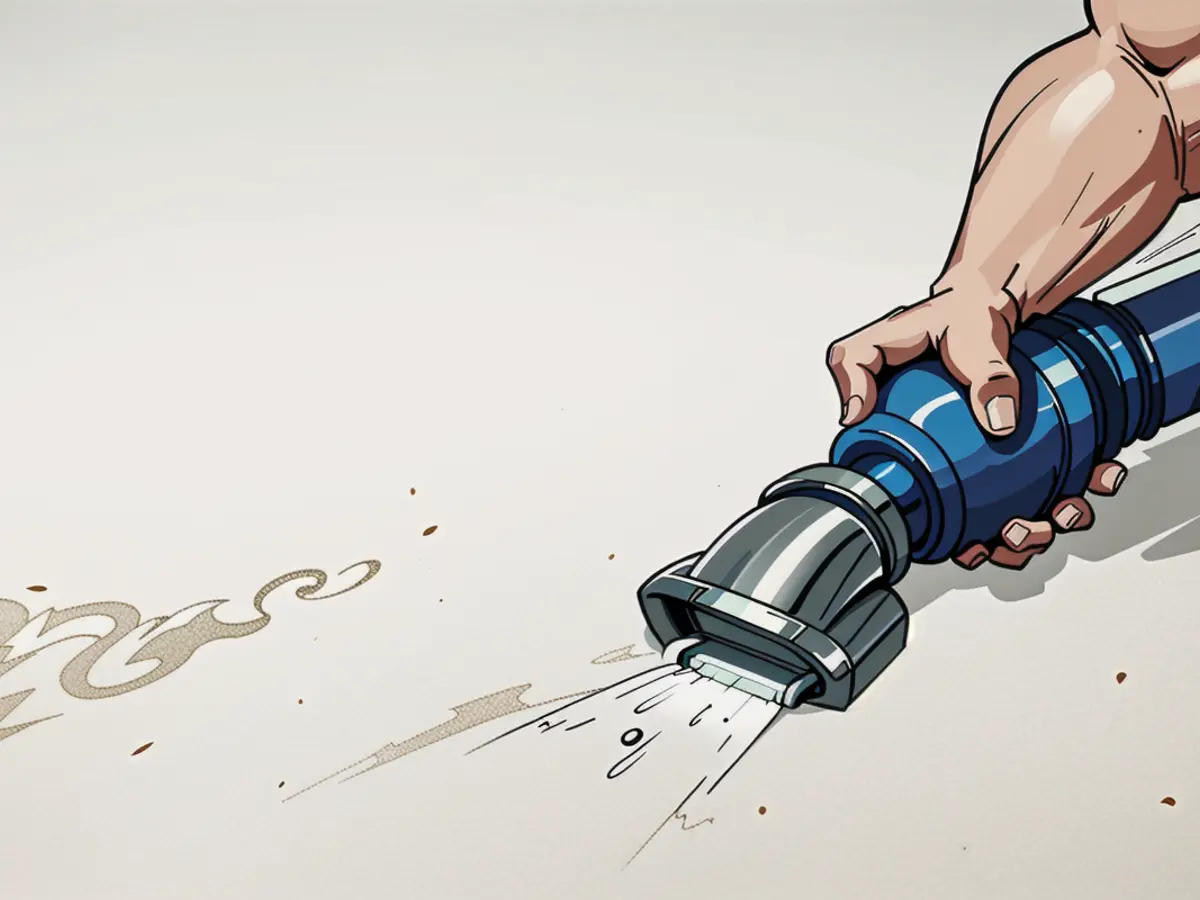5 Items That Should Avoid Being Washed in a Dishwasher
Dishwashers are fantastic appliances. Apart from sparing you the hassle of washing dishes by hand, these devices are designed to provide your dirty plates and utensils with a comprehensive and deep clean – using less water than you would in a sink.
Unfortunately, not all kitchen items are suitable for dishwashers. Although several items are made from dishwasher-safe materials, others can sustain damage when exposed to heat and water pressure. As Cynthia Fanning, the vice president of product management for dishwashers at GE Appliances, points out, "Both dishwashers and dishes have undergone significant changes over the years". This development has led to an increase in dishwasher-safe items. However, not everything is a perfect fit. Here are some off-limit items that should avoid the dishwasher – and the reasons why:
Fine China
Advancements in dishwasher-safe materials have not changed the fate of fine china in dishwashers. Cynthia Fanning explains that the detergent chemistry can cause the paint on fine china to chip or wear off. Furthermore, fine china tends to be smaller than standard plates, leading to extra movement and rattling that can potentially damage the fine china.
Some Plastic
While many plastic items, including BPA-free and polypropylene, are safe for dishwashers, others can quickly warp or melt due to hot water and the heat from the drying cycle. In this case, only plastic ware with 'dishwasher-safe' labels should be loaded into a dishwasher, and this should be done on the top rack, which is farther from heated elements at the bottom of most models.
Wooden Items
Wooden spoons, bowls, and cutting boards, regardless of their dirtiness, should not be washed in a dishwasher. Hot water can cause wood to warp, splinter, crack, and sometimes lose its finish, creating a haven for germs and bacteria that you would not want anywhere near your food. Handwashing is, therefore, the best option for wooden items and handles to maintain their safety for a longer period.
Non-Enameled Cast Iron
Cast iron pots, pans, and skillets should be kept away from dishwashers. The detergents and water pressure can cause your cast iron items to rust, and the machine can strip the valuable seasoning oils that have formed on your cookware over time. Unless your cast iron ware is enameled, it should only be cleaned with water and a damp cloth – without soap.
Fragile Glassware
Numerous individuals attempt to clean fragile glassware in dish washers, even when placed on the top rack. Despite this precaution, delicate glasses can still chip, crack, and split. During the wash cycle, fragile glassware, such as long-stemmed wine glasses, can knock against each other and shatter, leaving you a potentially hazardous clean-up task. Although some glassware manufacturers (like Zalto) suggest that using the dishwasher is risk-free if done correctly, care instructions for your specific glasses should always be read.
Martha Stewart, known for her kitchen expertise, advises against placing fine china in the dishwasher due to the risk of chipped or worn paint. In her Kitchen Cleaning Tips, she strongly suggests handwashing delicate glassware to prevent chipping and cracking.




